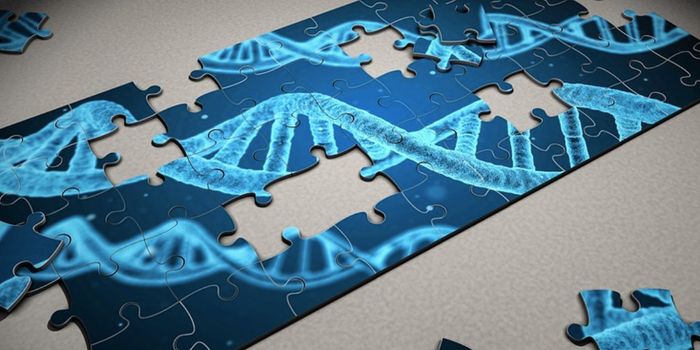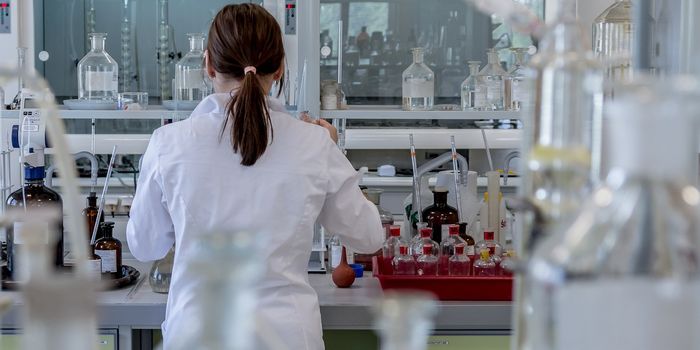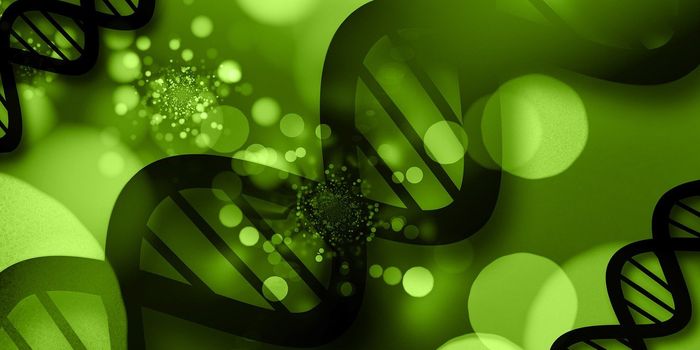Dr. Benjamin Rush- Patriot and Physician
Americans have celebrated Independence Day (Fourth of July) since, in 1776, colonists voted for independence from Britain. On July 4, 1776, that the Continental Congress formally adopted the Declaration of Independence making this date an anniversary we still celebrate, 248 years later.
In honor of Independence Day, we focus on a revolutionary figure linked to cancer. Previously, we have discussed George Washington, the commander of the Continental Army, who likely had skin cancer, and Caesar Rodney, a founding father who had a facial malignancy.
Another man who played a notable role in the American Revolution, Dr. Benjamin Rush, has left lasting impressions in both the fight for American independence and in the field of medicine,
Benjamin graduated from Princeton University (then known as the College of New Jersey) in 1745, after which he apprenticed with physicians. While studying Medicine abroad at the University of Edinburgh, Benjamin became acquainted with notable medical, literary, and political figures, including Benjamin Franklin, who became a lifelong friend.
After returning to the United States, Benjamin began working at the College of Philadelphia (later the University of Pennsylvania) and started practicing medicine in 1769. Benjamin became interested in the revolutionary movement and joined the “Sons of Liberty,” a radical grassroots group that favored civil disobedience against the British government.
Benjamin combined his medical expertise and his support of independence when serving as a surgeon general in the Continental Army. As a participant in the First Continental Congress, Benjamin became one of four physicians to cosign the Declaration of Independence.
While he became infamous in the medical field for his controversial work during yellow fever epidemics in the eighteenth century, his writings about cancer give us a look into some of the “cancer treatments,” or lack thereof, available in his time. In honor of the American bicentennial (1976), Cancer Research described four letters written by Benjamin consulting on cases of suspected cancer.
On July 6, 1789, Benjamin wrote to his cousin Elisa Hall, a Virginia physician treating Mary Washinton, George Washinton’s mother, for advanced breast cancer (previously covered by Labroots). Benjamin mentioned that “Dr. Martin’s powder,” a substance developed by a former student, likely mainly consisting of arsenic, could help prevent cancer spread. The letter also gives clues to eighteenth-century medical remedies such as opium, camphor, bark, and wine.
Benjamin also wrote to David Howell on April 27, 1804, regarding treatment for keratoses, scaly skin patches that can develop into skin cancer. Again, Benjamin recommends treating the lesions with tar and beeswax and, in case that approach fails, suggests using an arsenic paste. Benjamin also suggests a diet rich in eggs, oysters, fish, and “a little animal food.” He also assures him that he can drink wine on this diet!
In a letter to Dr. Josephus Bradner Stuart on May 24, 1810, Benjamin writes about the reputation of “cancer doctors.” He says that although cancer doctors may successfully cure some cases, they experience a high number of failures. The poor success rate, combined with high rates of recurrence, which had no explanation at the time, led to a lack of respect for this specialty among physicians.
Finally, a fourth letter written to John Adams, dated September 20, 1811, included advice for the treatment of his daughter Abigail Smith, who had breast cancer (another case we previously covered). Here, Benjamin indicates that he has treated similar instances to Abigail’s for over 50 years. He disclaims local and internal medicines, stating that they often “do harm” or “suspend the disease” until it becomes too difficult to treat. Benjamin strongly recommends surgery to remove the tumor, saying, “the remedy is the knife” and “I repeat again, let there be no delay in flying to the knife.” He reiterates urgency writing, “It shocks me to think of the consequences of procrastination.”
Benjamin Rush was a patriot and a physician who led a colorful life of advocacy, politics, and medicine. His letters, among his contributions, give us a glimpse into cancer care in early America, highlighting the fundamental and simplistic remedies used to treat a poorly understood disease. With their historical significance, these letters connect us to the past and help us appreciate the significant progress in cancer care and survivorship.
Sources: Cancer Res, History, Biography, Lond Med J, Proc Bayl Univ Med Cent









